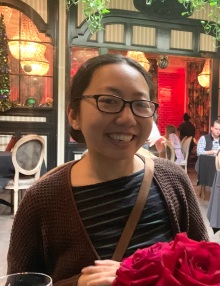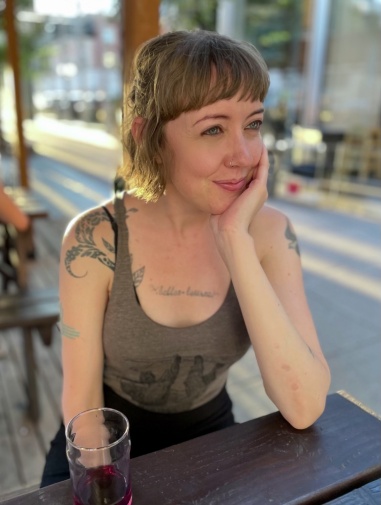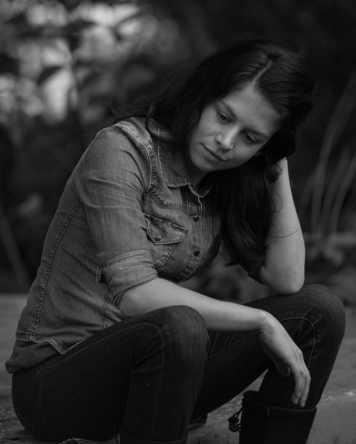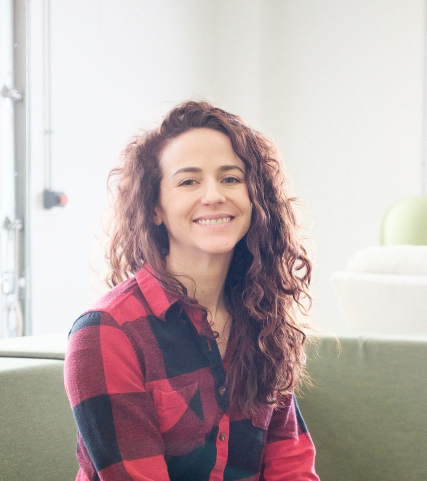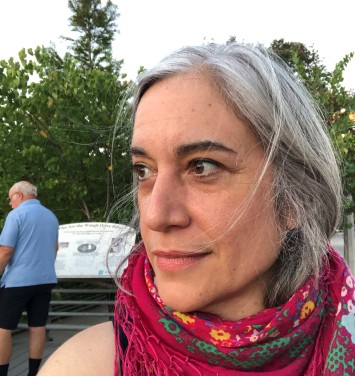The neighbor boys carried the piano out into the rain. They’d taken the French doors off their hinges and left them leaning against the house. We watched them set the piano in the grass as thunder rolled and the cluttered gutters spilled over the eaves.
“It looks like something is happening,” you said.
“We should put on our boots,” I said.
It was still afternoon but already dark. Storm clouds were heavy and low. I could smell the lotion you left open on the dresser.
“Eucalyptus,” I said.
“No,” you said dipping a finger and touching it to my neck. “Japanese Cypress.”
“We should dress,” I said.
“Or turn off the light,” you said.
We stayed at the window and watched the neighbor boys carry the doors back into their jambs. They were home from college. They held the doors as if they weighed nothing at all.
“I remember when you were young,” you said.
“I’m not old yet,” I said.
“Not old,” you said. “But I remember when you were young.”
You raised the window and we listened to the sound of the rain in the leaves. Water puddled on the floor. Lightning lit and the neighbor boys shut the French doors. A lamp was on their parent’s bedroom. The curtain half closed.
You fell asleep in that room once. On the couch at the foot of the bed. You called it a davenport. A term your father used, you said. We were at a dinner party a few days after Christmas. The neighbor boys were children then. You drank too much wine and smoked a joint with the doctor’s wife in the basement. I found you asleep an hour later on the davenport in their bedroom. You wear wearing a string of the wife’s pearls. There was a pile of coats on the bed.
“I remember waking up there,” you said. “You had taken off your shoes. I thought that was strange.”
“The doctor wanted to look at my feet,” I said. “I’d lost you. I was telling the story about the sewing needle I stepped on as a child. The doctor didn’t believe it was still in my foot. He knelt down in front of everyone and untied my laces. It was late in the evening.”
“After he’d played the piano,” you said.
“Yes. The song you taught him,” I said. “After I lost you.”
“I wasn’t lost,” you said. “I needed to rest.”
In the yard the piano sat quiet in the rain. You went to the bathroom and turned on the shower. When you came back you were wrapped in a towel and the storm had begun to calm.
“How long will they leave it out there?” you said. “How long until it’s ruined?”
“I’m waiting for them to carry the doctor out and leave him there beside it,” I said.
“His wife must be behind all this,” you said. “She told me once to pull all her roses when she died,” you said.
“You didn’t,” I said.
“No,” you said. “I sent over a casserole.”
I watched you dress. You dropped the towel on the floor beneath the window and mopped up the rain with your foot.
“I’m going over there,” you said.
“Don’t,” I said.
“He can’t see the yard from his bed,” you said.
I imagined those pearl you wore that night, years ago. Where they were now. I took the towel to the bathroom and hung it to dry. The mirror was still fogged. I could hear your footsteps down the stairs. The backdoor opened. The screen slapped shut. When I came to the window you were crossing the yard. You stopped and looked back. You were wearing a pair of my boots. I touched the glass with the palm of my hand. You waved.
What I never told you about that night after the doctor took off my shoes, was that he touched the sole of my foot where the skin had grown over the needle and said, “Your wife is a hell of a teacher.”
You turned and walked through the rain. The neighbor boys hadn’t brought out the piano bench so you stood and raised the fallboard. You began to play. The rain was quiet and I could hear the notes. I looked up at the doctor’s window. I waited for the curtains to close or the light to turn off. I recognized the song. I touched my neck where you’d left the scent of cypress. The neighbor boys opened the doors and stood watching you. Their father was somewhere in the house. The roses in the garden were still in bloom.
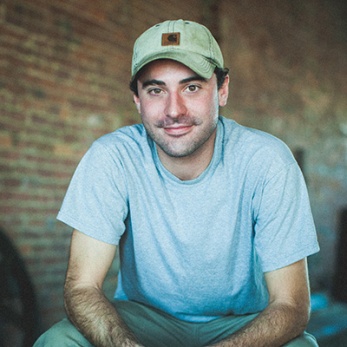 Andrew Siegrist is a graduate of the Creative Writing Workshop at the University of New Orleans. His debut collection of stories, We Imagined It Was Rain, was awarded the C. Michael Curtis Short Story Book Prize and published by Hub City Press in 2021. His work has appeared or is forthcoming in Wigleaf, trampset, Juked, the Mississippi Review, Baltimore Review, Arts & Letters, Greensboro Review, Pembroke Magazine, South Carolina Review, Bat City Review, and elsewhere. He lives with his wife and two daughters in Nashville, Tennessee.
Andrew Siegrist is a graduate of the Creative Writing Workshop at the University of New Orleans. His debut collection of stories, We Imagined It Was Rain, was awarded the C. Michael Curtis Short Story Book Prize and published by Hub City Press in 2021. His work has appeared or is forthcoming in Wigleaf, trampset, Juked, the Mississippi Review, Baltimore Review, Arts & Letters, Greensboro Review, Pembroke Magazine, South Carolina Review, Bat City Review, and elsewhere. He lives with his wife and two daughters in Nashville, Tennessee.

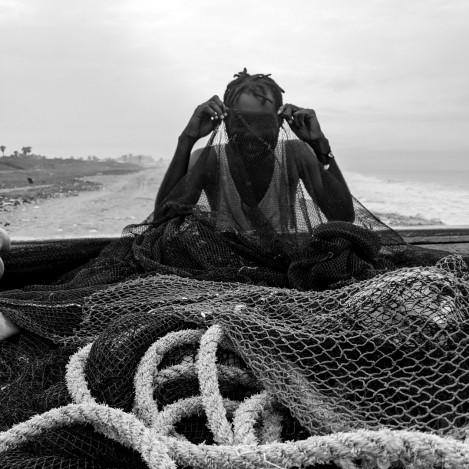
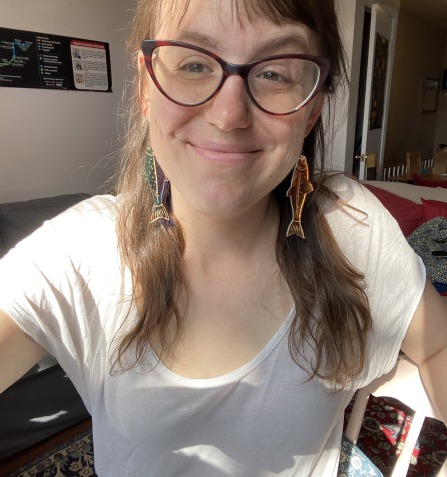
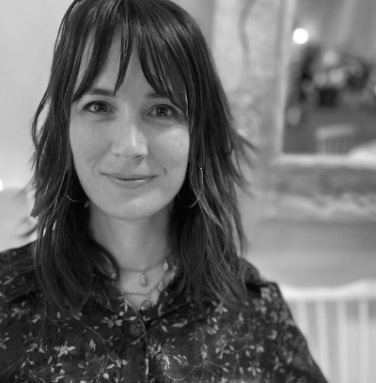 Amber Burke is graduate of Yale and the Writing Seminars MFA program at Johns Hopkins University. These days, she teaches writing and leads the 200-hour yoga teacher training at the University of New Mexico in Taos. She has written over 100 articles for Yoga International, and her creative work can be found in swamp pink, The Sun, Michigan Quarterly Review, Flyway, Mslexia, Superstition Review, Lady Churchill’s Rosebud Wristlet, and Quarterly West, and on her website:
Amber Burke is graduate of Yale and the Writing Seminars MFA program at Johns Hopkins University. These days, she teaches writing and leads the 200-hour yoga teacher training at the University of New Mexico in Taos. She has written over 100 articles for Yoga International, and her creative work can be found in swamp pink, The Sun, Michigan Quarterly Review, Flyway, Mslexia, Superstition Review, Lady Churchill’s Rosebud Wristlet, and Quarterly West, and on her website: 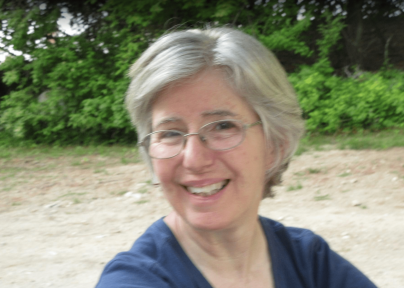 Norma Zimmermann worked for many years as a medical technologist. She is now retired and loves to write flash fiction, prose poetry, and poetry. Her work has appeared in BrightFlash Literary Review and Turtle Way. She lives with her husband of forty-eight years in Massachusetts.
Norma Zimmermann worked for many years as a medical technologist. She is now retired and loves to write flash fiction, prose poetry, and poetry. Her work has appeared in BrightFlash Literary Review and Turtle Way. She lives with her husband of forty-eight years in Massachusetts.